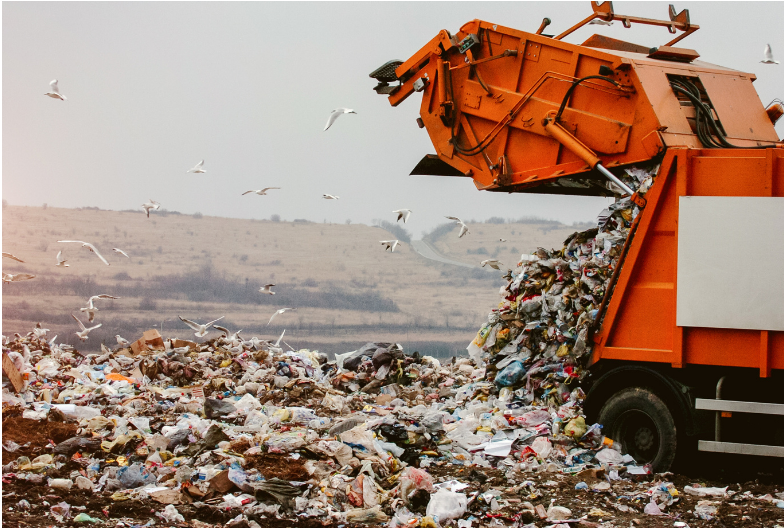7 quick and easy tips to reduce your household waste
With the proposed increase in the waste disposal levy we decided it was time to look at how we can reduce our household waste.
A faster pace of living has led to us demanding convenience in all aspects of our lives, from the food we eat and the clothes we wear to investing in emerging technologies. Just about everything we consume in the modern world increases our waste. In New Zealand it is estimated that we 15.5 million tonnes of waste each year – that’s 3.2kg for every Kiwi. And according to recycle.co.nz we only recycle about 28% of this waste.
With the proposed increase in the waste disposal levy we decided it was time to look at how we can reduce our household waste. Read on for our top 7 tips.
Reduce Food Scraps
According to lovefoodhatewaste.co.nz New Zealand households throw away around 157,389 tonnes of food a year. That’s the equivalent of 271 jumbo jets full and with an estimated value of $1.17 billion. That amount of food could feed the population of Dunedin for nearly 3 years.
Here are some ways you can reduce your food waste:
• Start planning ahead and only buy what your family needs for the week. This also has the added advantage of reducing the food bill! Buying food in bulk can reduce waste and cost.
• Use leftovers to make more meals. The Lovefoodhatewaste Facebook has some great ideas.
Start composting
You can further reduce the amount of waste you produce by composting. Not only that, you can use the compost around your garden and add further nutrients to your soil.
You can compost:
• Food scraps except meat, bones and oils
• Garden waste
• Tea and coffee grounds
• Tissues and paper towels
• Cardboard and paper
• Vacuum dust
Learn more about composting.
Invest in storage containers
Using storage containers will help you to extend the life of your food – particularly things like cereals, rice and pasta. Storage containers also help with the management of leftovers and the storage of food when you buy in bulk. When you buy storage containers think about buying containers that will stand the test of time, be freezer and microwave proof too.
Stop buying water bottles
According to Safebottles.co.nz we use about 168 plastic bottles each per year and around 78% of these end up in landfill. It takes approximately 700 years for a plastic water bottle ot decompose. By remembering to take a reusable drink bottle full of water with you everywhere you go, you can not only go a long way to reducing household waste, you could also save yourself around $550 per year.
Reduce the number of waste bins available in the house
This might seem like a silly idea but it’s very easy when you are busy to not think carefully about your waste and quickly throw away that envelope or even your plastic bottle. By reducing the number of waste bins available in the house, ideally to just one in the kitchen, you are forced to move around the house to dispose of your rubbish and this gives you time to think carefully about what you put in the bin. Can what you are throwing away be repurposed, sold on buy and sell groups or via a garage sale, or even taken to the local op shop?
Reduce the amount of packaging you buy
Next time you go to the supermarket think wisely and choose food with little or no packaging, such as fruit and vegetables. Hand picking your fruit and vegetables, rather than choosing a pre-packed box, will not only reduce the waste, but also allows you to buy the exact amount you need.
Think also about:
• Buying second-hand clothing, that was not wrapped in plastic to get it to the store
• Buying take outs with sustainable packaging
• Taking your re-usable coffee cup to the café
• Buying in bulk, and then separating into smaller sizes at home. For example, chips for school lunchboxes
• Use reusable bags for all your shopping – not just the supermarket
Switch to paperless billing
Account statements and utility bills pile up at our door. Spend one evening sorting moving everything to electronic and mark your calendar once a month to pay all your bills. While you are at it, put a note on your letterbox requesting no flyers!
Household clean out
Even if you manage to do all of these things, there may will be a time when you need a skip. If you need advice on what can or can’t go in your skip or how to dispose of your rubbish, then give us a call. We are always happy to talk trash!


